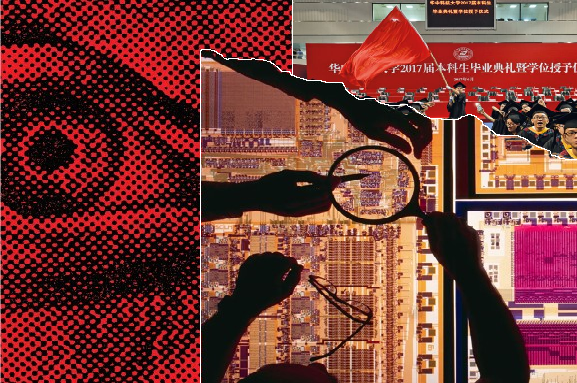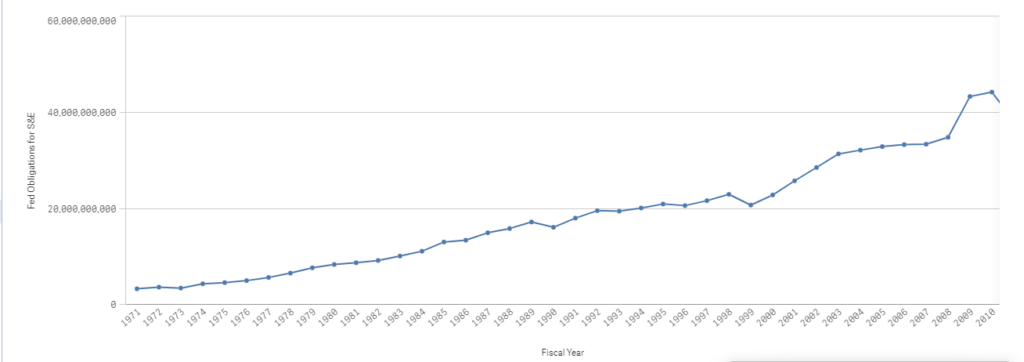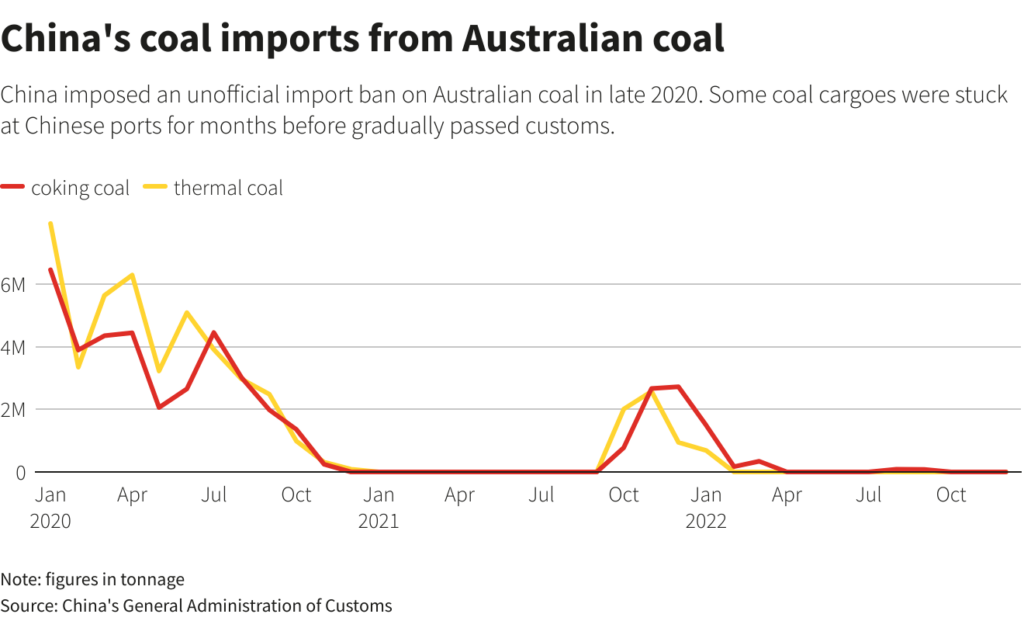|
Getting your Trinity Audio player ready...
|

James Bond films have been deceiving to all of us. The idea of a handsome British male, travelling across the world investigating murders, high stakes kidnapping and playing long games of cards, all in the attempt of trying to foil a murderous dictator’s plans is all a relic of the past. Let me construct a new James Bond film representative of the 21st Century.
There’s an infiltration at Oxford University, but there are no kidnappers or thieves, and there is no murder of a senior professor who previously worked for MI6. Instead, it’s an online intrusion of the university’s records and James Bond has been summoned. Over the next three hours, treated to no action or romance, all of us will have to watch James Bond setting up firewalls across the campus, buying antivirus packages for all the professors, and conducting seminars on the threat of hackers to universities.
While most of us enjoyed watching Cillian Murphy break the fourth wall over 30 times (yes I counted) in Oppenheimer, this movie introduced to the broader audience an uneasy alliance. An alliance is driven by the never-ending curiosity of the human mind and its monetary requirement—the thirst for knowledge against the costs incurred to acquire it. We’re talking about the alliance between the military and academia.
Since a pool of scientists collaborated in a small deserted valley called Los Alamos in New Mexico, the exception became the norm. Let’s go a little deeper to examine this. Take a look at the commitments pledged to universities by the Department of Defence:

That’s $40 billion of taxpayer money being fed to universities, over the past 50 years until 2010. The commercial defence industry has an impressive footprint across universities. Take a look at the University of Maryland (UoM). UoM has 3 buildings funded by Lockheed Martin, and has committed an additional $3 Million towards building wind tunnels too!
We’re not done yet. Carnegie Mellon University (CMU) is one of the esteemed Ivy League universities, driving fundamental research in computer science and artificial intelligence, since the word was coined! Well, guess what? CMU’s CyLab, a security and privacy research institute, partners with Raytheon, which provides the U.S. and its allies with missiles and combat vehicles and boasts a decades-long relationship with Lockheed Martin, since 1986!
Noam Chomsky, the arbiter of democracy and free will, one of our foremost political thinkers driving the empirical definitions of international relations arguing for non-engagement and an advocate for peace also spent a fair amount of time consulting for the Department of Defence, as a part of the MITRE corporation and later worked one of their projects too, employing his significant expertise in linguistics all towards developing a ‘‘operational language for command and control’. However, to Chomsky’s luck, the research failed to find any implementation, allowing him to keep his conscience clean.
However, it is an evil tradeoff that we can’t deny. However, it’s a tradeoff that academics can’t help but accept. The possibility that another $100,000 might completely overturn human progress yet being fed by blood money is an incentive for which academics choose to bite the bullet. And we can’t deny the fruits that such funding has provided us. From the internet to GPS, most of the financing for modern consumer products which all use without batting an eye has been thanks to defence spending on universities.
However, with such foundational research occurring at these modern temples of learning there comes a new front of warfare – Academic Espionage. As we’ve established, it seems to be clear as to why we might have foreign actors now deploying a bunch of 18-year-olds to jailbreak university security systems.
It’s early Autumn in March, as you proceed to enjoy the leaves shedding their leaves in hues of orange and yellow when you find out that there’s a threat of Chinese intrusion at your university. This possible threat was considered and discussed as a part of the parliamentary committee in the Land Down Under, Australia.

China and Australia have been in a rocky relationship in their trade. Despite being their largest trade partner, there’s been a rather interesting scuffle regarding Coal. As Australia’s third-largest export, China had instituted a rather peculiar unofficial ban on Australia’s coal leading to a significant decrease in coal exports as we observe from the plot below. And it is during this particular timeframe we see a substantial increase in academic espionage, occurring across the board in Australia.
Now, this parliamentary committee was no joke. Spanning over two years, the committee presented its results in March of 2022, comprised of senior policymakers from across the aisle, consulted by a former Chinese diplomat who defected to Australia and also advised by ASIO (Australia Security Intelligence Organisation), equivalent to R&AW in India. This committee found jarring connections between the CCP and Academic Espionage.

Identifying three significant avenues with which they had found possible intrusions, the committee also found links of academic espionage between a reputed Australian University and an NGO that provided roughly $10 Million urging academic researchers to move to China and collaborate on research. Further, the committee also highlighted the repeated attack on universities and research centres with over 100 attempts of IP theft and COVID-19 vaccine details attempted to be stolen. Additionally, the diplomat, Chen Yonglin also added the following:
‘China has been successful in acquiring scientists and scholars from Australian tertiary institutions and stealing technologies. ‘
It’s not just been a one-off occurrence too. As recent as 6 months ago we find Australia embroiled yet again in a spying controversy with the ASIO foiling a Chinese attempt yet again. Now, we need to understand how it is that such fronts of warfare have found themselves opened yet again. Who are the actors in the play? Is this only limited to Australia? What are the avenues of infiltration? From talent programs to NGOs explaining the beauty of Chinese literature, the roads are aplenty.
To further understand the tale behind Chinese Academic Espionage, read the next part below:
(Divith Narendra is a student of data science, economics, and business with a passion for integrating data and statistics. He writes extensively on industry trends and geopolitics. His works were featured at the G20 and published by Cambridge Union Press. Views expressed are the author’s own)
